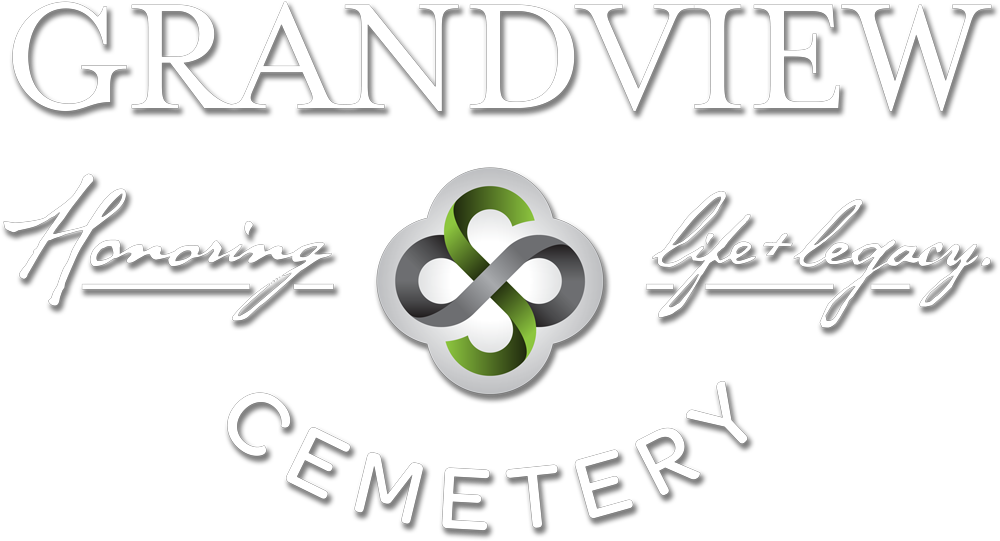PERMANENT MEMORIALIZATION
Honoring Lives Through Time
Humanity has always sought to remember and honor the deceased, a fundamental aspect of our shared humanity evident in ritualized burials dating back 130,000 years. This enduring need for permanent memorialization reflects a profound understanding that while lives end, their impact and memory can resonate through generations. As the poet Thomas Lynch noted, "by getting the dead where they need to go, the living get where they need to be," underscoring the vital role funeral practices play in the healing journey.
Modernizing Memorialization: Innovation in Funerals and Cremations
In contemporary society, cemeteries and funeral homes are innovating to meet evolving needs while upholding the core principles of respect and remembrance. This modernization enhances the grieving process, leading to better preservation of legacy.
- Healing Paths and Community Hubs: Cemeteries are transforming into vibrant spaces that support healing. Healing Paths offer opportunities for active engagement with grief, fostering community and combating isolation. These spaces encourage connection, shared memories, and a sense of togetherness.
- Cremation Gardens: With rising cremation rates, cemeteries are creating beautiful cremation gardens and diverse options for placing cremated remains. This ensures families have dedicated, secure, and aesthetically pleasing places to visit, remember, and honor loved ones, permanently recognizing their legacy.
- Technological Integration: Cemeteries are embracing technology to offer richer, more interactive memorial experiences.
- Live Streaming and Virtual Visitation: Now common, these features allow remote participation in services and visits to loved ones, fostering broader community support.
- Digital Memorials via QR Codes: QR codes on headstones link to personalized digital memorials with photos, videos, and stories, transforming static markers into dynamic, living tributes.
- Virtual Reality (VR) and Artificial Intelligence (AI): Some cemeteries are exploring VR experiences to immerse individuals in curated worlds of their loved one's life.
These innovations are driven by the desire to meet families where they are in their healing process and ensure loved ones receive the respect they deserve. By offering diverse, personalized, and technologically advanced memorialization options, cemeteries and funeral homes facilitate a profound and lasting preservation of legacy, ensuring that stories and impacts continue to be remembered, honored, and shared for generations to come.
At Grandview Cemetery in Maryville, TN, we take great pride in caring for our families. We are committed to providing our community with a beautiful, lasting tribute to their loved ones, while also making sure families get a lasting memorialization to forever honor the people we lost. If this is something that resonates with you, reach out to us to learn more.
FAQ's
What services do funeral directors perform?
The funeral director's job is to assist the bereaved in various ways to help them through the loss of a loved one. A funeral director provides bereavement and consolation services for the living, in addition to making arrangements for the cremation, burial, and memorial services for the deceased. They fulfill the role of funeral arranger, funeral director, funeral attendant, and embalmer.
The following list is not all-inclusive, but describes some of the major tasks of a funeral director:
- Removal and transfer of the deceased from the place of death to the funeral home
- Professional care of the deceased, including embalming, casketing, and cosmetology
- Consulting with family to make arrangements for the funeral service
- Filing certificates, permits, and other required forms
- Obtaining copies of the death certificate
- Arrangements with the cemetery, crematory, or other places of final disposition
- Creates and publishes the obituary
- Arrangements for clergy, music, flowers, transportation, pallbearers, and special fraternal or military services
- Directs and manages the funeral service and the funeral procession
- Assists the family with death-related claims, including Social Security, VA insurance, grief counseling
Why are funerals so expensive?
A traditional funeral involves a number of services which add to the total cost. Besides a non-declinable basic services fee, other charges may include removal/transfer of the body to the funeral home; embalming; other preparation of the body; use of facilities and staff for viewing; use of facilities and staff for the funeral ceremony; use of a hearse, service car, or van; a basic memorial printed package; metal casket, a vault or grave liner, and purchase of a cemetery plot.
What is the purpose of a funeral?
A funeral or memorial service provides an opportunity for the living to show respect for the deceased and pay tribute to their life. It provides a framework to freely and openly express our beliefs, feelings, and thoughts about the death of our loved one. It gives us permission to grieve our loss, share in solidarity, and gain strength from others who are experiencing the same loss.
What are the choices for funeral services?
The four main types of funeral services include the traditional funeral service, the memorial service, the committal service, and the affirmation or celebration of life service.
Can you still have a funeral if you choose cremation?
Yes, cremation or burial is merely the disposition of the body. Funeral services are to honor and remember your loved one, regardless of disposition.
Can I plan in advance if I choose cremation?
Pre-arranging funeral services can be done regardless of the final disposition. Pre-arranging is simply recording your wishes with the funeral home and prefunding if you choose to do so.
What information should I bring to the arrangement conference?
- Advance Directives - If the deceased left any written advance directives concerning the disposition of his remains and memorialization, you need to bring them with you. These instructions may be found in a will, or there may be a formally witnessed disposition directive, funeral pre-arrangements, or a pre-need contract.
- Military Discharge Papers
- Details on any cemetery property owned by the deceased or the family (grave plot, columbarium space, etc.)
- Recent photograph of the deceased and any personal effects that you wish to be included in the viewing or burial
- Specific information on the deceased:
- Full legal name
- Address
- Marital status
- Social Security number
- Date of birth
- Place of birth (city and state)
- Educational history (number of years of schooling)
- Armed Forces service dates and serial number
- Occupation or profession
- Parent's names, including mother's maiden name
- Next of kin and other survivors
Call
Write
Visit
Let’s Connect
Call any time. Find us on site. Count on us.
Our office is open Monday - Friday from 9:00 a.m. until 4:00 p.m.

